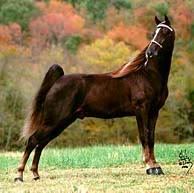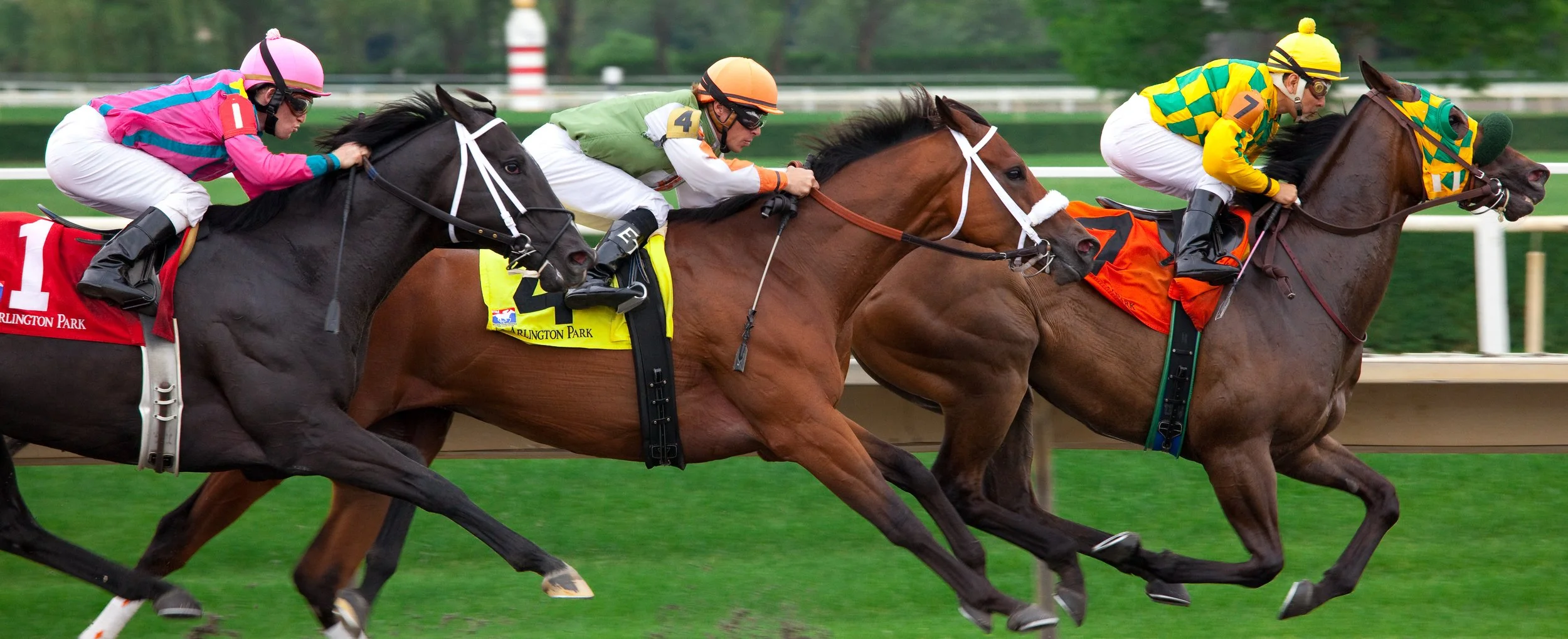
This past Wednesday marked the beginning of the 71st annual Tennessee Walking Horse National Celebration. Larry Taft, Tennessee walking horse Abuse triples in 4 months: But scrutiny may help clean up the sport, The Tennessean, http://www.tennessean.com/article/20090823/SPORTS11/908230371/Tennessee+Walking+Horse+abuse+triples+in+4+months (last visited Aug. 31, 2009).The Celebration is a well-known event that receives a great deal of publicity. However, this year the headlines concern a hotly debated issue: increased regulation of soring in the walking horse industry. Id. Soring involves applying chemicals to a horse’s front feet so that the animal will raise its feet higher and faster. See id. This painful procedure results in the horse having the high-stepping gait characteristic of prize-winning walking horses. See id. Although federal laws were enacted nearly 40 years ago to ban soring, this procedure has remained far too common in the industry. A new agency is hoping to bring about much needed change. Id.
The law demands that the walking horse industry have a regulatory agency to insist on compliance. For years, the commission in charge of compliance basically failed to enforce Soring regulations. Id. The commission’s lack of action can no doubt be attributed to the fact that is comprised of owners and trainers who have conflicting interests. In order for their walking horses to be successful, it was in their best interest to overlook practices of soring. This past April, however, “a new federally sanctioned agency, directed by the Tennessee Walking Horse National Celebration, began examining horses at shows.” Id. Veterinarians, as opposed to people with a more personal interest in the walking horse industry, now comprise the regulatory agency. See id. Consequently, soring has been monitored more closely and inspections have resulted in the exposure of instances of this prohibited practice. Since April, “violations of industry and federal regulations on the humane treatment of horses more than tripled compared with the same period in 2008.” Id. This increased regulation shows that the new agency is serious about cleaning up the industry and ensuring the humane treatment of walking horses.
In Kentucky, legislation regulating walking horses was enacted as far back as 1956. K.R.S. § 436.185 stipulates:
“… (2) No walking horse shall be permitted to compete or exhibit in any exhibition or fair either for profit or pleasure, if said horse's front legs or hoofs show evidence of burns, drugs, lacerations, any sharp pointed instrument, or any pain inflicting device.
(3) It shall be the duty of the assigned ringmaster in charge of any such exhibition or competition to properly inspect the front legs and hoofs of each entry in each class or event. Said inspection shall be for the purpose of determining whether there is any evidence of burns, drugs, lacerations, any sharp pointed instrument, or any pain inflicting device appearing on said animal.
(4) If any such evidence appears to the satisfaction of the ringmaster, he shall immediately bar said horse from competition, and notify the sheriff of said county of said violation. The handler of said horse shall be fined not less than ten dollars ($10) nor more than one hundred dollars ($100) or imprisoned for ten (10) days or both. For the second and each subsequent offense he shall be imprisoned for thirty (30) days.
(5) Any ringmaster who fails to perform these duties, and permits the commission of any of the offenses stated in subsection (2), shall be fined not less than ten dollars ($10) nor more than one hundred dollars ($100) for each offense allowed.” Ky. Rev. Stat. Ann. §436.185(West 2009).
The Kentucky penalties seem rather mild in comparison to those imposed by the new regulatory agency. Since the new agency initiated action in April 2008, three individuals “deemed responsible for the care and control” of a horse received lifetime suspensions due to abuse uncovered during inspections. Larry Taft, Tennessee Walking Horse Abuse triples in 4 months: But scrutiny may help clean up the sport, The Tennessean, http://www.tennessean.com/article/20090823/SPORTS11/908230371/Tennessee+Walking+Horse+abuse+triples+in+4+months (last visited Aug. 31, 2009). Additionally, a trainer and two others received one-year suspensions due to various infractions. See id. This new agency seems to be serious about cracking down on owners and trainers. Hopefully, its actions will continue to bring about positive changes in the walking horse industry.





